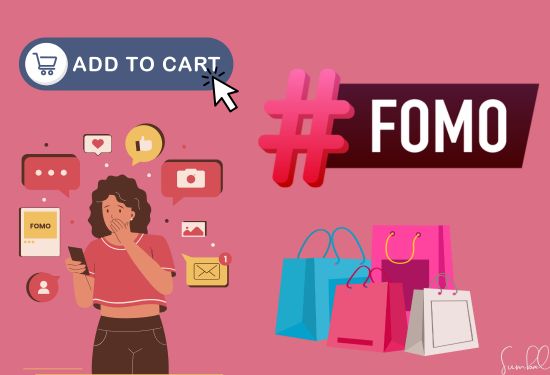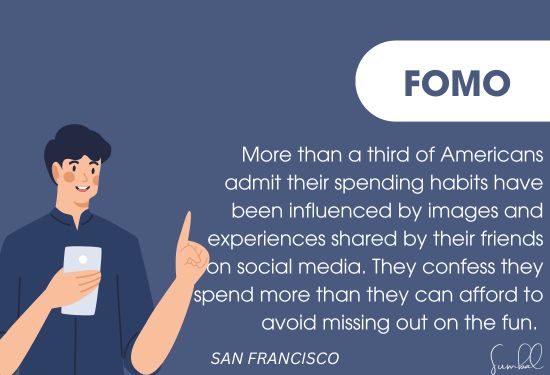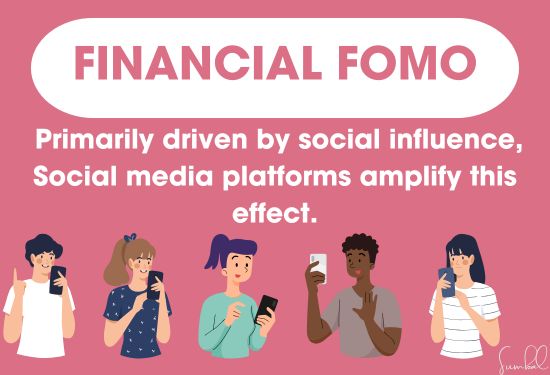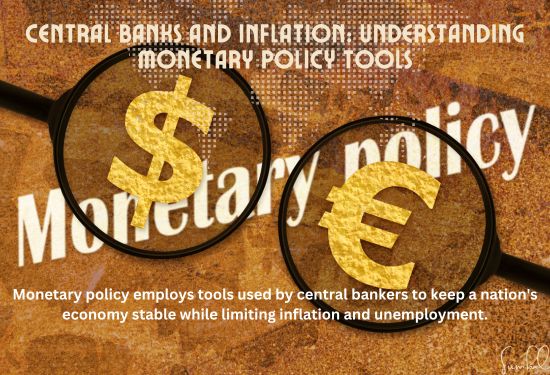Social networks are now part of almost everyone’s daily routine due to their availability as free applications. From Instagram and Facebook to TikTok and Twitter, those are not just platforms to communicate with others but rather carefully selected and framed representations of people’s lives. Such a continuous flow of information can be about a vacation, branded products, eating out, or purchasing new electronics or designer clothing.

Thus, people are overwhelmed by these images of success and the latest lifestyle, which refers to Financial FOMO. Here is how social media affects our purchasing behaviours and how we can avoid it:
The Rise of Financial FOMO and Lifestyle Inflation
Financial FOMO became popular, a condition in which individuals feel compelled to spend more money than they have to try to achieve a similar lifestyle. This urge is especially seen more often due to the filtered lives we see posting on social media. If we go through a feed full of friends enjoying their time on a beautiful island or influencers buying cute clothes, we would wish for the same too. This results in lifestyle inflation, raising one’s expenditure directly to an increase in income or status. Individuals are forced to spend on expensive products, overpriced restaurants and multiple holidays to create social status.
These consumers possibly overspend or go into debt simply to be able to copy their peers or other role models. Instead of saving and investing money, people spend it on appearance and looking good on social media platforms.

The Psychological Effect of Social Media on Expenditure
Social media taps into deep psychological needs, and they found evidence for people's universal psychological needs for social inclusion, recognition and approval. This involves people getting likes and positive comments to share with pictures and descriptions of the bought items or services. Pressure to conform to certain expectations in newsgroups or maintain social connections with friends they seem to be financially successful compels the need for status-related purchases. What is concerning about such patterns of validation is that people associate their worth with their feed and feel inadequate when they can’t match what they see online.

Free yourself from Financial FOMO.
Here are some effective strategies to regain control:
Set Clear Financial Goals
When it comes to saving for emergencies, education, or retirement, the goals set guide the spending on matters that are important rather than such unimportant things as purchases that make people follow fabulous lives on social media.
Limit Exposure
Avoiding social media for some time or, even better, unfollowing the accounts which contribute to the formation of the comparison trap. It is also important to follow the influencers or friends with those who spend mindfully.
Practice Gratitude
One should concentrate on things that are not related to money, such as health, fellow human beings, and one’s achievements. Gratitude takes attention away from the things that the person wants and keeps the person from spending out of FOMO.
Be Realistic about Social Media
What you see on social media platforms is not exactly the true story about the person's life and experience. It is essential to understand that such people do not tag themselves or openly discuss their financial problems.



